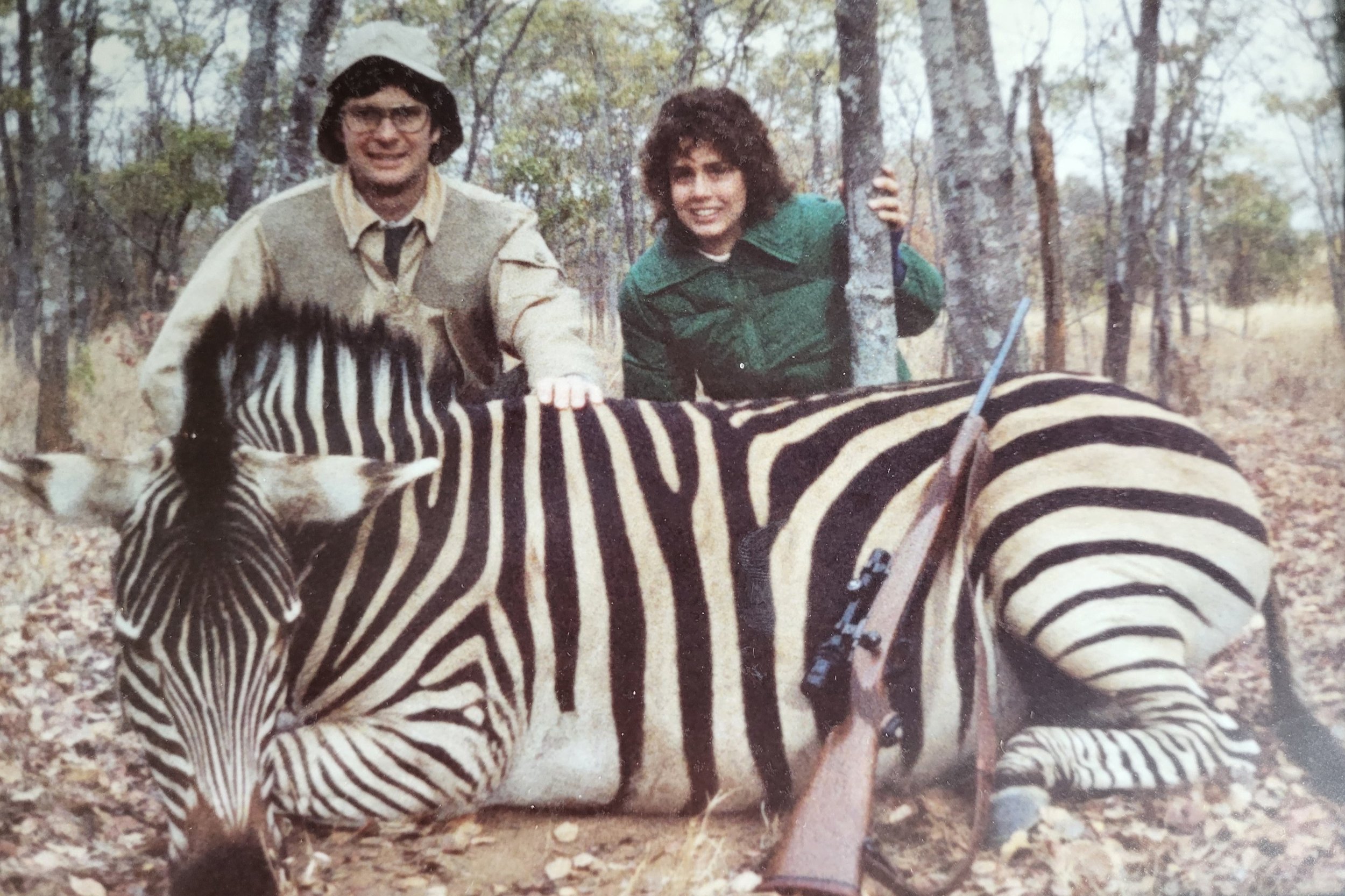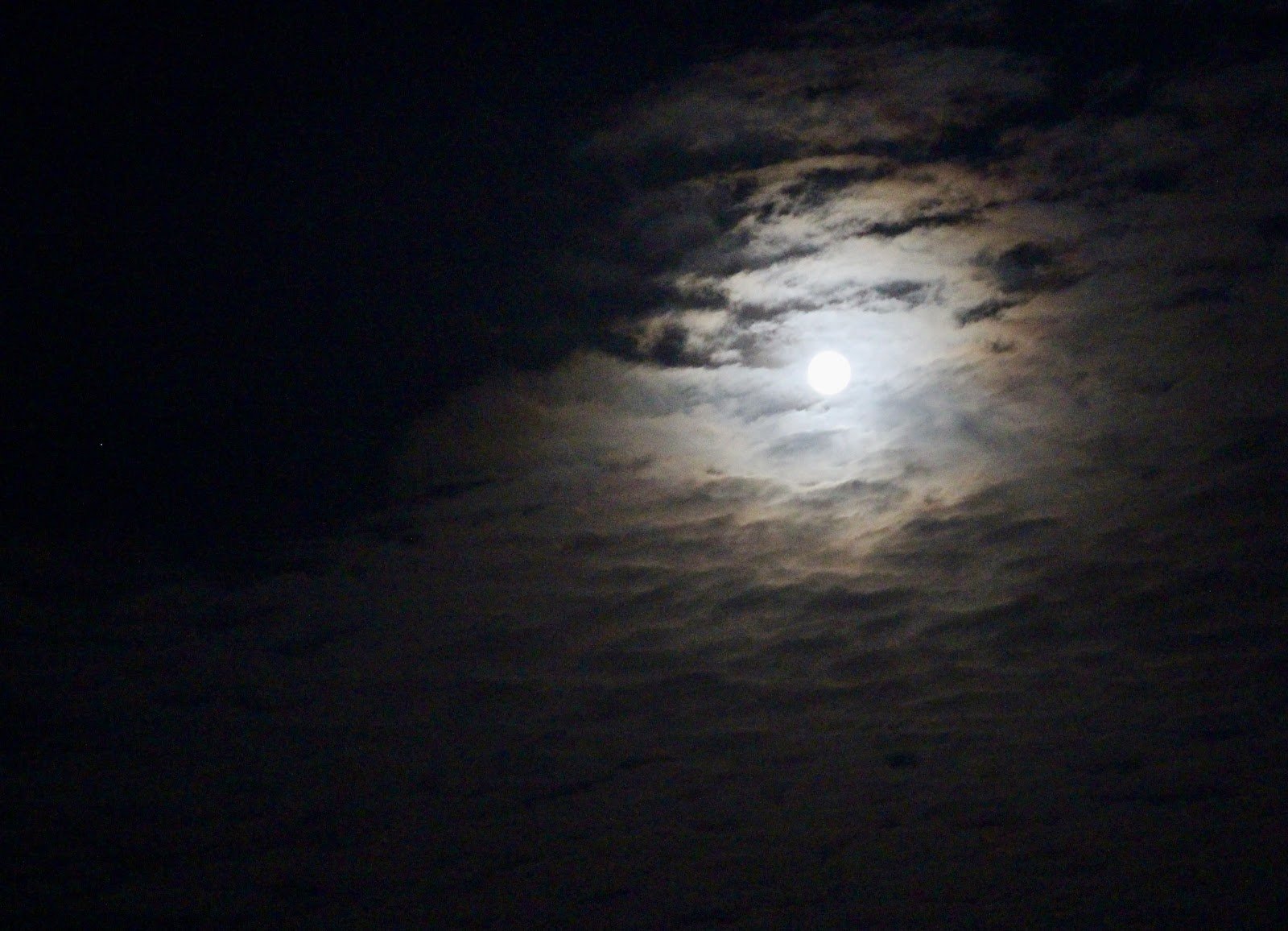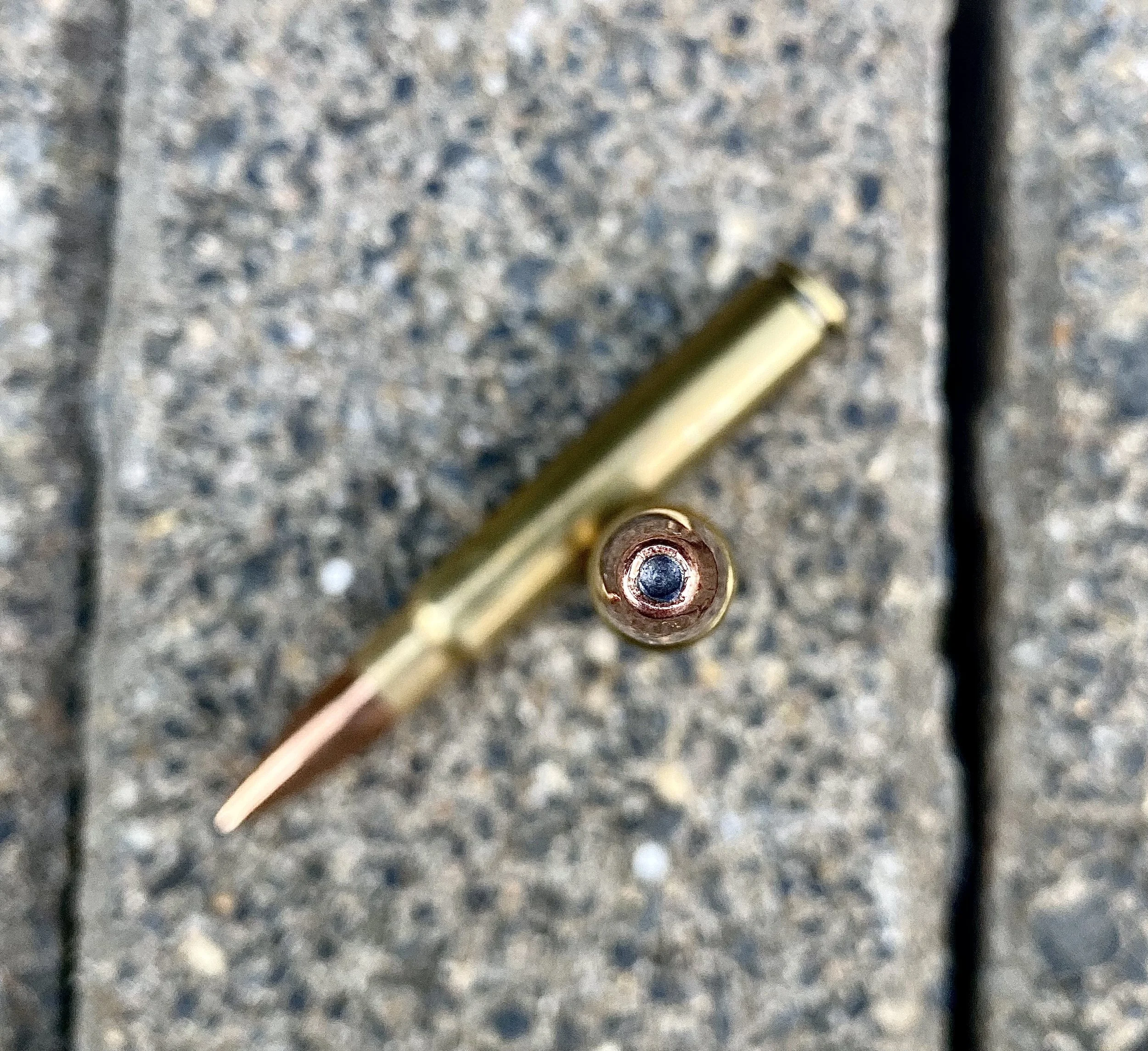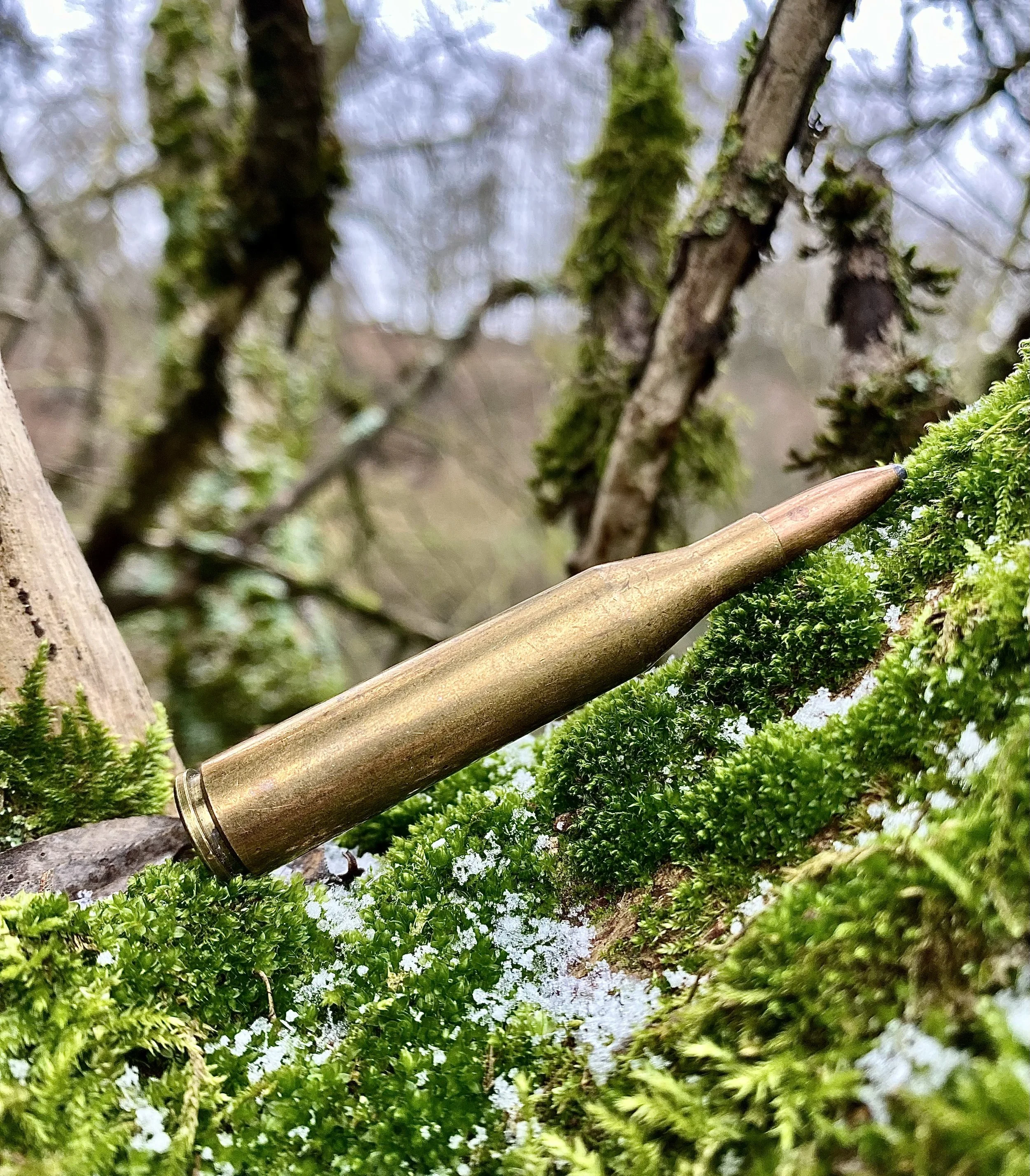Plot Your Africa Adventure Now
My "grab for the gusto" blog on January 1 reminds me that now is the time to plan that African safari you've been dreaming. Outfitters will be manning booths at conventions of the Safari Club International, Wild Sheep Foundation, Rocky Mountain Elk Foundation and Field & Stream Deer and Turkey Expos this February and March.Forget worries about travel and trouble. International travel is easier now than ever and, despite what you read, safer. African outfitters, known as Professional Hunters, are veterans at taking care of clients in style. Travel agents like Gracy Travel can arrange flights, visas and gun permits and provide an "airport guide" to shepherd you through International Airports. The average African hunting camp is to the average American elk camp as a Hilton Hotel is to Motel 6. Spouses who don't hunt are usually pampered and enchanted during their stays in safari camps where they can relax, read, swim, bird, hike, photograph and take scenic/cultural tours. Big game variety and abundance in Africa are like bird variety in North America. You'll see dozens of species. And while you hunt, you'll indulge in a free photographic safari. Wildlife pops up daily, often at close range. Finally, costs to hunt 5 to 10 animals in many southern African countries is less than a single elk or moose hunt in most of North America. You can get in and out for as little as $7,000, not counting taxidermy expenses.My wife accompanied me on a sable hunt at Nchila Wildlife Reserve last July. Stay tuned to this site for a blog on that. She's campaigning for a return trip. But I fell in love with Namibia's Caprivi Strip while hunting with Jamy Traut Hunting Safaris in September, so I'd like to go there again, too. And then I mixed hunting for eland, oryx, impala, wildebeest, warthog and other plains game with an Etosha National Park photo safari followed by a cross-country, fly-over, scenic tour with Immenhof Hunting and Guest Tours. What an adventure that was. And then there was shark cage-diving near Cape Town and a quick hunt from the thatch-roofed cabins of Crusader Safaris in the Winterberg Range north of Port Elizabeth.The point is this: several southern African countries at this time, thanks to intense interest from international big game hunters, are controlling poaching and managing native wildlife for abundance. Since modern sport hunting began in the late 1970s, Namibia's native game numbers have increased by 70 percent. Such success hinges on hunter funds and visits. Without these, wildlife has little value unless it can be poached and sold.In areas of Africa without managed sport hunting, wildlife is poisoned, snared and poached into oblivion. Where it is hunted, it thrives. Just as chickens are one of the most abundant birds in the world because of our demand for drumsticks, wildlife thrives when it has value and we control the harvest.Namibia, South Africa, Mozambique, Tanzania, Zimbabwe -- each country wants and needs our tourism dollars. Their wild animals need our support. And you, as a lover of wildlife, wild places and the pursuit of them, need to visit Africa. Hunt an antelope or three, feed the locals and help African wildlife pay for itself while you enjoy first-hand the outdoor hunting heritage that is yours by birthright as a citizen of Earth. But go soon. In Africa politics can disrupt things in a hurry, and human population pressures will continue to reduce wildlife habitat. Creating and maintaining demand for huntable populations of wildlife is our best chance for perpetuating them.# # #
















